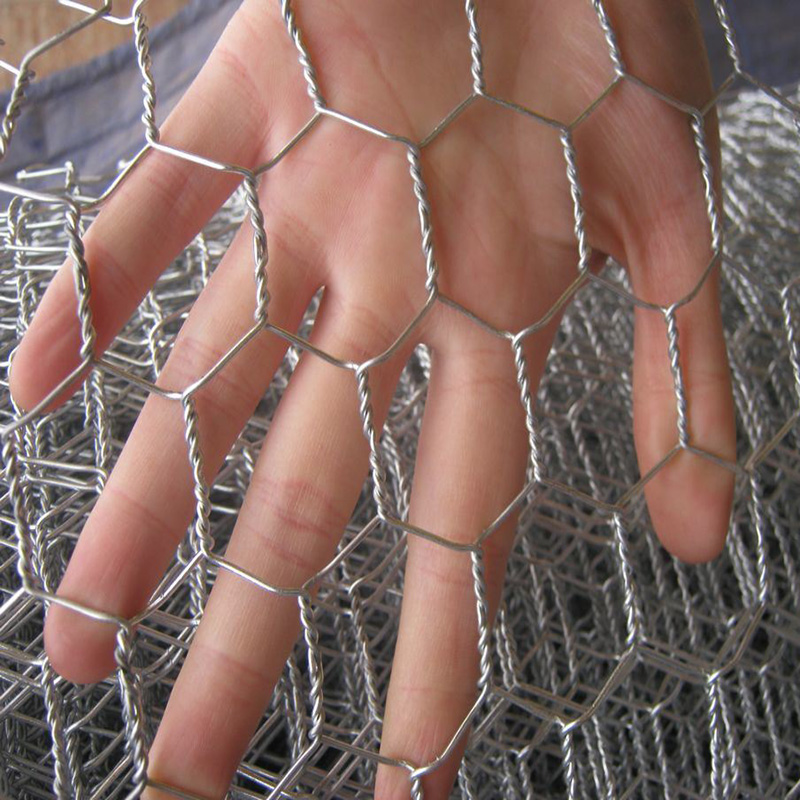-
+86 15030157877
-
sales@galvanizedmetalmesh.com
Dec . 30, 2024 23:31 Back to list
fence net
The Importance of Fence Nets in Modern Agriculture
In the realm of modern agriculture, the importance of protective structures cannot be overstated. Among these, fence nets have emerged as a crucial component for farmers and landowners alike. These versatile barriers offer not only security but also a range of benefits that enhance agricultural productivity. In this article, we will explore the various applications, benefits, and considerations related to the use of fence nets in agricultural practices.
Understanding Fence Nets
Fence nets, often constructed from materials like nylon, polypropylene, or wire, serve as protective barriers to keep out unwanted animals and pests. Their design can vary significantly, catering to specific needs such as height, mesh size, and durability. While traditional wooden or barbed wire fences might suffice for some applications, fence nets provide a more adaptable solution for many contemporary farming practices.
Protecting Crops
One of the primary functions of fence nets is to protect crops from herbivorous animals such as deer, rabbits, and livestock. These creatures can cause significant damage to young plants and established crops, leading to substantial economic losses for farmers. By installing fence nets around their fields, farmers can safeguard their produce, ensuring a higher yield and better quality of harvest.
Moreover, fence nets are especially useful in organic farming, where chemical repellents are often avoided. The presence of netting serves as a physical barrier, allowing farmers to stay true to their sustainable practices without compromising on crop protection.
Pest Management
fence net

In addition to keeping larger animals at bay, fence nets also play a vital role in pest management. Many insects can devastate crops within a short period. Using fine mesh nets effectively deters these pests from accessing the plants, thus reducing the reliance on chemical pesticides. This not only promotes healthier produce but also helps maintain the ecological balance in farming environments.
Sustainability and Cost-Effectiveness
From a sustainability perspective, fence nets are a wise investment for farmers. Their longevity and resistance to corrosion reduce the need for frequent replacements, making them a cost-effective solution over time. Additionally, fence nets are often lightweight and easy to install, allowing farmers to quickly set up protective barriers without extensive labor or machinery.
Furthermore, many modern fence nets are designed with environmental considerations in mind. Products made from recycled materials are increasingly available, allowing farmers to minimize their ecological footprint while still reaping the benefits of effective pest and animal control.
Maintenance and Considerations
While fence nets offer numerous advantages, proper maintenance is essential to ensure their longevity and effectiveness. Regular inspections for wear and tear, as well as ensuring that the nets remain firmly anchored, are crucial actions for farmers. Additionally, selecting the right type of net based on specific agricultural needs, including the type of crops and the prevalent wildlife in the area, is vital for optimal results.
Conclusion
In conclusion, fence nets are a valuable tool in modern agriculture, offering a range of benefits from crop protection to pest management. Their cost-effectiveness, sustainability, and ease of installation make them an attractive option for farmers looking to secure their fields against both animal intruders and insect pests. As the agricultural sector continues to evolve, integrating innovative solutions like fence nets will be key to meeting the challenges of food production in an environmentally friendly manner. Embracing this technology will not only enhance agricultural efficiency but also safeguard the future of farming for generations to come.
-
Hexagonal Gabion Mesh: Durable Stone Cages for Landscaping
NewsJul.22,2025
-
Premium Black Brick Welded Mesh - High Strength & Corrosion Resistant
NewsJul.21,2025
-
AI SEO Optimizer
NewsJul.20,2025
-
High-Quality Chicken Wire Panels Leading Manufacturer & Exporter
NewsJul.08,2025
-
High-Quality Concrete Reinforcement Wire Mesh – Reliable Steel Mesh Manufacturers & Exporters
NewsJul.08,2025
-
High-Quality Aluminum Expanded Mesh Leading Manufacturers & Exporters
NewsJul.08,2025



